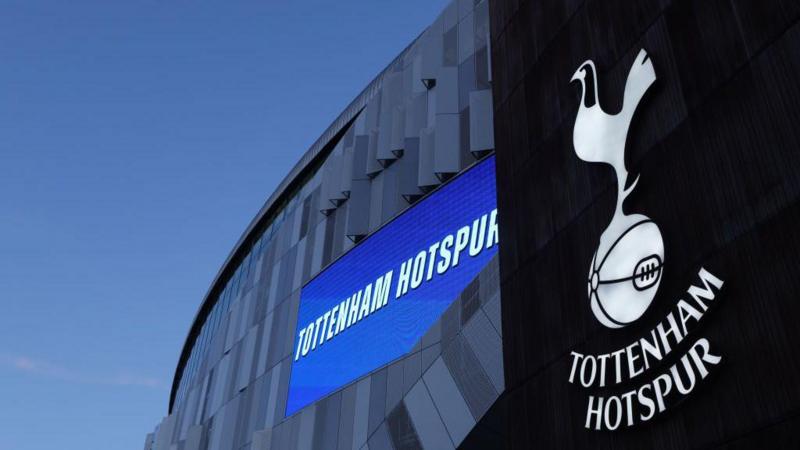Tottenham Spurns Third Takeover Bid, Shocks Potential Investors!




In the constantly swirling world of football, where the rumble of takeover talks frequently echoes around the stands, the latest buzz involves Tottenham Hotspur, a team residing in the heart of North London and a staple in England's Premier League. Recently, the club found itself the subject of takeover interest from a group headed by Brooklyn Earick, an American tech entrepreneur known for his innovative ventures in the digital space.
The consortium headed by Earick, who has made his mark in the tech industry by venturing into various successful projects, has shown interest in entering the football world by acquiring a reputed club like Tottenham. This isn't unfamiliar in football; tech moguls and investment groups often eye successful clubs, drawn by both the sport's global influence and its potential as a profitable entity.
Tottenham Hotspur, however, has made their stance very clear on this matter. The club has "unequivocally rejected" an informal approach from this American-led consortium. While it's not entirely uncommon for clubs to outright reject offers, the firmness of Tottenham’s response highlights their current intentions to stay consistent with the leadership and vision that has been set forth by the current administration.
So, who is Brooklyn Earick, and why his sudden interest in Tottenham? Brooklyn is a notable figure in the tech industry, dabbling in everything from start-ups to substantial tech enterprises that engage heavily with modern digital solutions. His interest in Tottenham can be seen as a strategic move, likely reflecting a broader vision of intertwining technology with sports to enhance fan engagement and club operations. The advent of analytics and digital enhancements in sports provides a lucrative gateway for tech entrepreneurs like Earick to infuse new strategies and innovations into traditional sports setups.
On the other hand, Tottenham Hotspur is not just a football club; it's a historic entity with deep roots and a passionate fanbase. Established in 1882, Spurs have a rich history and are deeply ingrained in the culture of football not just in the UK but globally. The club's achievements, including their thrilling run to the UEFA Champions League final in 2019, exemplify their competitive spirit and steadfast ambition.
Daniel Levy, the chairman of Tottenham, has been a pivotal figure in the club’s recent history. Known for his shrewd business acumen and tough negotiating style, Levy is very much aligned with the club’s strategic interests and its long-term vision. Under his governance, Tottenham has seen significant infrastructural development, most notably the completion of their new state-of-the-art stadium in 2019, which replaced their old home at White Hart Lane. The new stadium is not just a sports arena but a multi-purpose venue that serves as a cash flow generator for the club.
The club’s decision to reject the approach from Earick's consortium is a reminder of their stability and satisfaction under the current leadership. The strategic direction and the investments made under Levy's administration have marked a period of substantial growth and competitive presence in the league and Europe.
What does this rejection mean for Tottenham going forward? For now, it signals the club’s commitment to continuity and current management strategies. For potential investors like Earick, it may mean going back to the drawing board or perhaps looking towards other clubs which might be open to new ownership dynamics.
In football, the balance between tradition and innovation often dictates the direction clubs choose to take. While modern technological enhancements and fresh investments can usher in a new age for football clubs, the foundational elements of heritage, fan loyalty, and sporting ethos remain quintessential. As seen with Tottenham Hotspur’s recent decision, the integration of new-age tech-driven visions into the deeply traditional fabric of football clubs remains a nuanced and delicate affair. As the landscape of football club ownership continues to evolve, eyes will remain keenly fixated on how teams like Spurs navigate these complex waters.